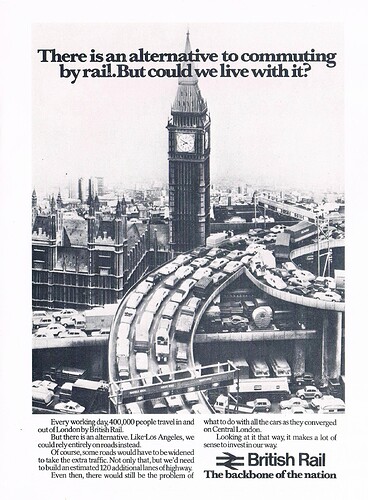This billl passed the legislature quite awhile ago. Cuomo let it sit. Then Hochul let it sit for quite awhile before signing it.
Great anecdote in this Twitter thread.
Welcome to the war on cars.
He was just upset it’s not a Lamborghini.
That’s how it’s done.
Relevant
An interesting take. Not sure I agree 100%, but definitely made me think a bit:
"But it’s not clear what we’re achieving by elevating the continent’s metropolises as idyllic places to enjoy a stroll or a bike ride. When I caught up recently with a friend who works at an American nonprofit promoting safe streets, he made a request: “Please don’t write another article praising Dutch bike paths.”
In the United States or Canada, stories extolling the splendors of exploring a Dutch or Danish city won’t do much to build support around constructing protected bike lanes, expanding transit service, or more generally making North American cities more accommodating to those who don’t drive. It’s too easy for a skeptical community leader or public official to dismiss an enthusiastic homage to European urban design with an offhanded “that’s nice, but here we want different things.” And then they’d explain why “taking away more parking spaces in this city is a terrible idea,” or why cycle-track expansions aren’t necessary “because bike lanes are often empty.” When portrayed as utopian, European approaches become easy to dismiss.
That’s not to say Americans and Canadians should ignore what’s happening in Europe—far from it. But the most useful accounts will do more than sketch continental fantasylands of urban mobility; they’ll identify specific policies that have helped nudge people toward multimodal living, considering whether and how they could succeed in this hemisphere. Better yet, they will appreciate the politics behind European transportation, reminding North Americans that Europeans haven’t always had such impressive mobility infrastructure; they’ve worked hard to make cycling, transit, and walking viable alternatives to driving (and they’re still working for it)."
ehh, it seems a bit flimsy to me. Yes it’s possible that someone who’s otherwise convincable to join the war on cars would be putoff by the european comparisons. It’s really important and nice to start with “A better world is not only possible, but there are living examples of it that have provably worked, and are better”. When someone says “Well we arn’t netherlands/paris/etc”, the trick then is to say, “and we arn’t so different from x”, or tailor your argument(sure, someone in rural northern nevada might not get regular bus service, but we’re talking about metropolitan denver here, for example). Someone who’s going to dig their heels in after that on the “this is murica”/“we aint no big city” buisness tho I think to some degree before then, and moreso after, has just revealed that they have no interest in joining or being a part of the urbanist movement at that point, and literally cannot be convinced.
This isn’t to say they can’t be convinced of individual projects and goals and as time moves on they might find themselves more receptive to the movement, but at some point you either have to disengauge, or only remain in to the degree that you’re trying to convince listeners, or try and work with allies to overrule whoever your talking with.
TBH, with a title like that I thought it was going to point towards something interesting like over focusing on bycicles vs public transit and busses as talking points, or housing equality and cost of living arguments.
Edit: The weird thing is when people try and argue the poltical angle in certain ways. “We have too many people who love their cars and will never accept anything then unceasing devoltion” is one thing to argue, it’s another thing when you’re using it to hide the fact that you don’t support something/as a “and anyways”. See this all the time in these sort of discussions.
You’re talking about trying to convince an average person when the article seems to be about trying to convince community leaders or public officials.
Those are completely different things.
The whole thing summed up in one tweet thread. I was in that spot of not thinking about it at all for 3/4 of my life. Now I’ve seen, I can’t unsee.
At least in New York, convincing people doesn’t work or matter. Forcing the changes through against their wishes is what’s working.
The people forcing the changes through, at some point, had to be convinced to do that.
